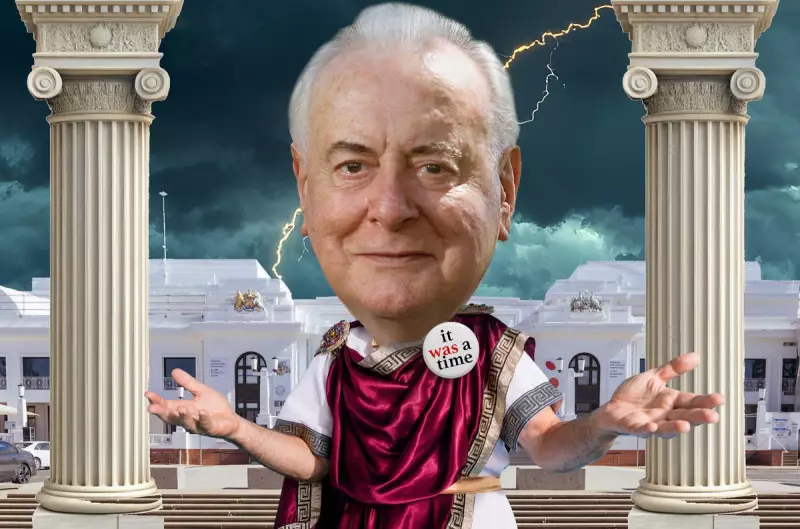
Australia's political landscape is showing worrying signs that echo one of the most dramatic moments in the nation's constitutional history. While experts agree a full repeat of the 1975 Whitlam dismissal remains unlikely, they warn that the underlying conditions for constitutional turmoil are increasingly present.
The Ghost of 1975 Looms Large
Political observers are noting striking similarities between current parliamentary dynamics and those that led to Governor-General Sir John Kerr's controversial decision to remove Gough Whitlam's government. The current environment of minority governments, Senate obstructions, and heightened political polarization creates fertile ground for constitutional disputes.
What Makes Today Different?
Unlike 1975, several key factors provide some reassurance against a complete replay of history. Modern conventions and political norms have evolved, creating stronger safeguards against arbitrary use of constitutional powers. However, the fundamental mechanisms that enabled the 1975 crisis remain embedded in Australia's constitutional framework.
The Senate's power to block supply bills continues to represent the most significant potential trigger for constitutional deadlock. While contemporary political culture makes such extreme measures less probable, the constitutional pathway remains open and theoretically available.
Expert Analysis: Why This Matters Now
Constitutional scholars emphasize that the relevance of the 1975 precedent isn't about predicting an identical scenario, but rather understanding how fragile democratic norms can be under pressure. The increasing frequency of minority governments and the intensification of political combat have revived concerns about Australia's constitutional safety nets.
Several concerning trends are contributing to this renewed attention:
- Increasing Senate independence and willingness to challenge government mandates
- Growing political polarization reducing cross-party cooperation
- Expanding use of constitutional powers in ways that test conventional boundaries
- Public disillusionment with political institutions creating unpredictable dynamics
A Wake-Up Call for Democratic Resilience
Rather than predicting imminent crisis, most analysts see the current situation as a reminder of the importance of maintaining strong democratic institutions and conventions. The 1975 experience serves as both a cautionary tale and a lesson in the resilience of Australian democracy.
The very fact that we're discussing these possibilities indicates how much the political climate has shifted in recent years. While the probability remains low, the consequences of such a constitutional crisis would be profound, making vigilance and institutional strengthening essential priorities.
Ultimately, the greatest protection against constitutional crisis may lie not in legal reforms but in the commitment of political actors to democratic norms and the wisdom to avoid pushing constitutional boundaries to their breaking point.






